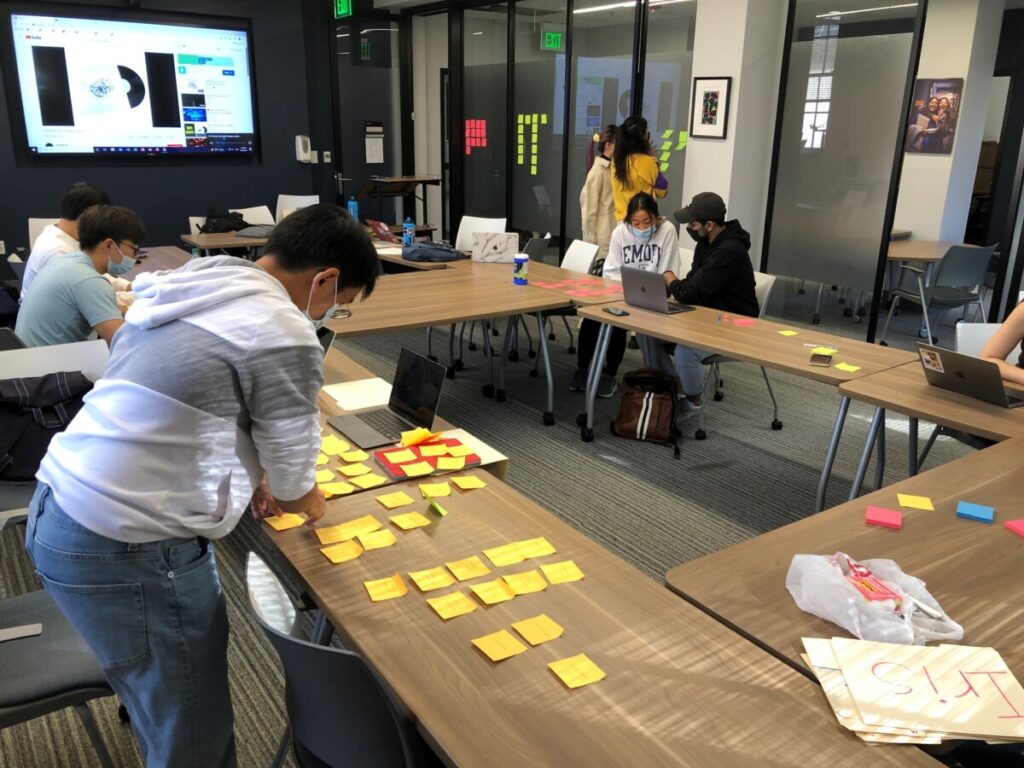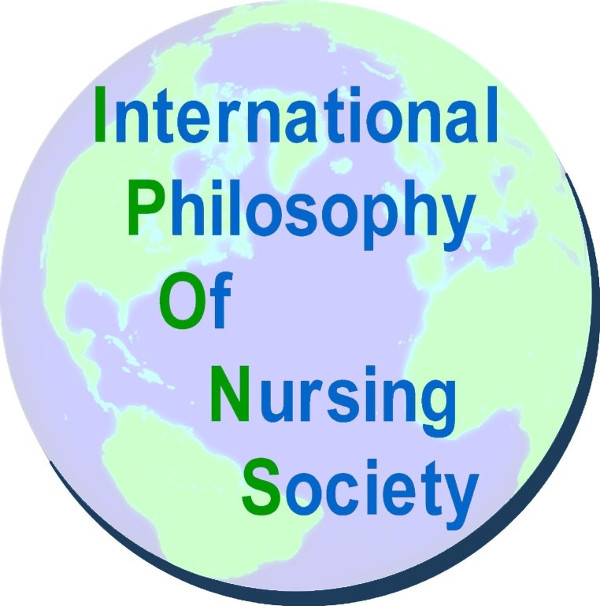Never Take a Class You Don’t Love

Are you an independent thinker? Are you passionate about something that goes beyond traditional majors? Are you looking for creativity in your major?
The American Studies (AMST) and Interdisciplinary Studies (IDS) majors enable students to take control over their educational journey. Majors develop a topically focused, individualized course of study integrating multiple disciplinary perspectives. Core courses in the major provide a grounding in interdisciplinary thinking. Students then select the courses they need to understand their chosen topic from across the humanities, social sciences, and natural sciences.
Find your intellectual community
All AMST and IDS majors conduct independent research in close collaboration with faculty. A strong community provides a nurturing environment in which students can grow. In classes dedicated to developing their individual research projects, peers provide feedback on research ideas and support the writing process.
Topics of recent senior theses include:
- Political activism of the 1980s Atlanta punk scene
- The social implications of the neuroscience of decision making
- Muslim women’s storytelling
- Psychological impact of horror films
If you can imagine it, the AMST and IDS majors can help you do it!
Prepare for a Career of the Future
By developing creative, flexible, and broad intellectual capacities, AMST and IDS majors are well prepared to grow into satisfying careers. All fields, including those just emerging, are looking for partners who can:
- Engage novel questions
- Integrate multiple perspectives
- Design holistic interventions
- Communicate complex ideas

AMST and IDS majors have gone on to careers in law, medicine, advertising, journalism, city planning, business consulting, media, user experience/interface, education, and non-profits. Translate your passion for a broad, liberal arts education into your life story!

